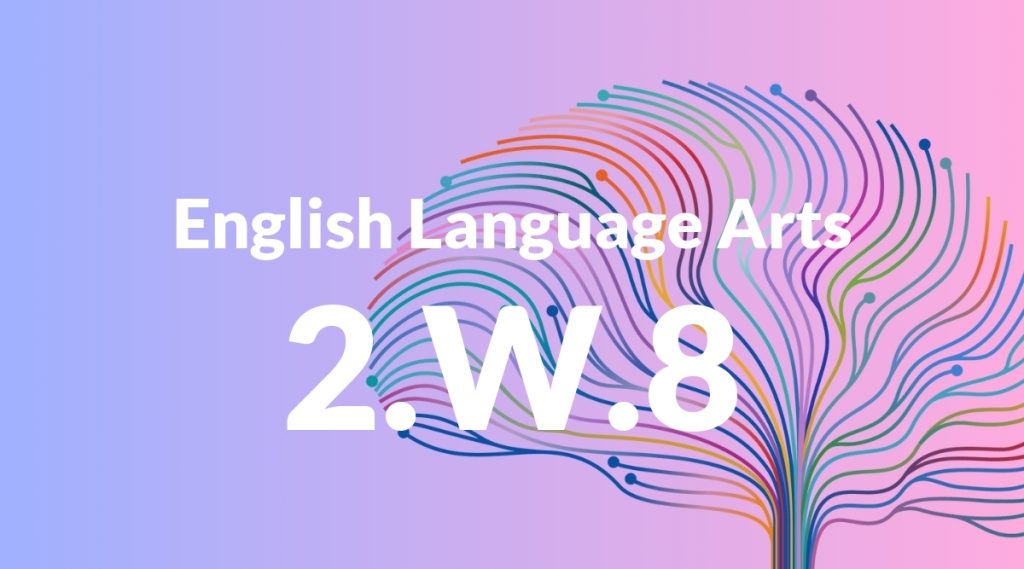Standard: 2.W.8 – Recall information from experiences or gather information from provided sources to answer a question.
Grade level: Grade 2
Subject: English Language Arts
Domain: Writing
Teacher Overview
This standard focuses on helping students recall information from their own experiences or gather information from provided sources to answer questions. It is crucial for developing research skills and the ability to use personal experiences in writing, which are foundational for more advanced writing tasks in later grades. Before tackling this standard, students should be comfortable writing simple sentences and short paragraphs, and have some basic understanding of how to recall personal experiences.
After mastering this standard, students will be able to conduct more detailed research, organize information logically, and write more cohesive and structured pieces.
Common Misconception 1
A common misconception is that students need to remember every detail perfectly. This is incorrect because the main goal is to recall the main ideas and use various sources to fill in the details.
Intervention 1
Use graphic organizers to help students focus on main ideas and key details, and practice using notes to supplement their memory.
Common Misconception 2
Another misconception is that students might believe they can’t ask for help or use resources. This is incorrect because gathering information from multiple sources is an essential part of the research process.
Intervention 2
Provide guided research activities where students practice using different sources and asking questions to gather information.
Prerequisite Knowledge
Students should be able to write simple sentences and short paragraphs, understand basic research methods, and have experience in recalling personal experiences.
Subsequent Knowledge
Students will develop the ability to conduct more detailed research, organize information logically, and write more cohesive and structured pieces.
Instructional Activities
- Have students write a short story based on a personal experience.
- Assign a research project where students gather information about a favorite animal and write a report.
- Create a ‘how-to’ guide based on something they learned in class.
- Have students read a short passage and answer questions about it.
- Conduct an interview with a family member and write about their life.




